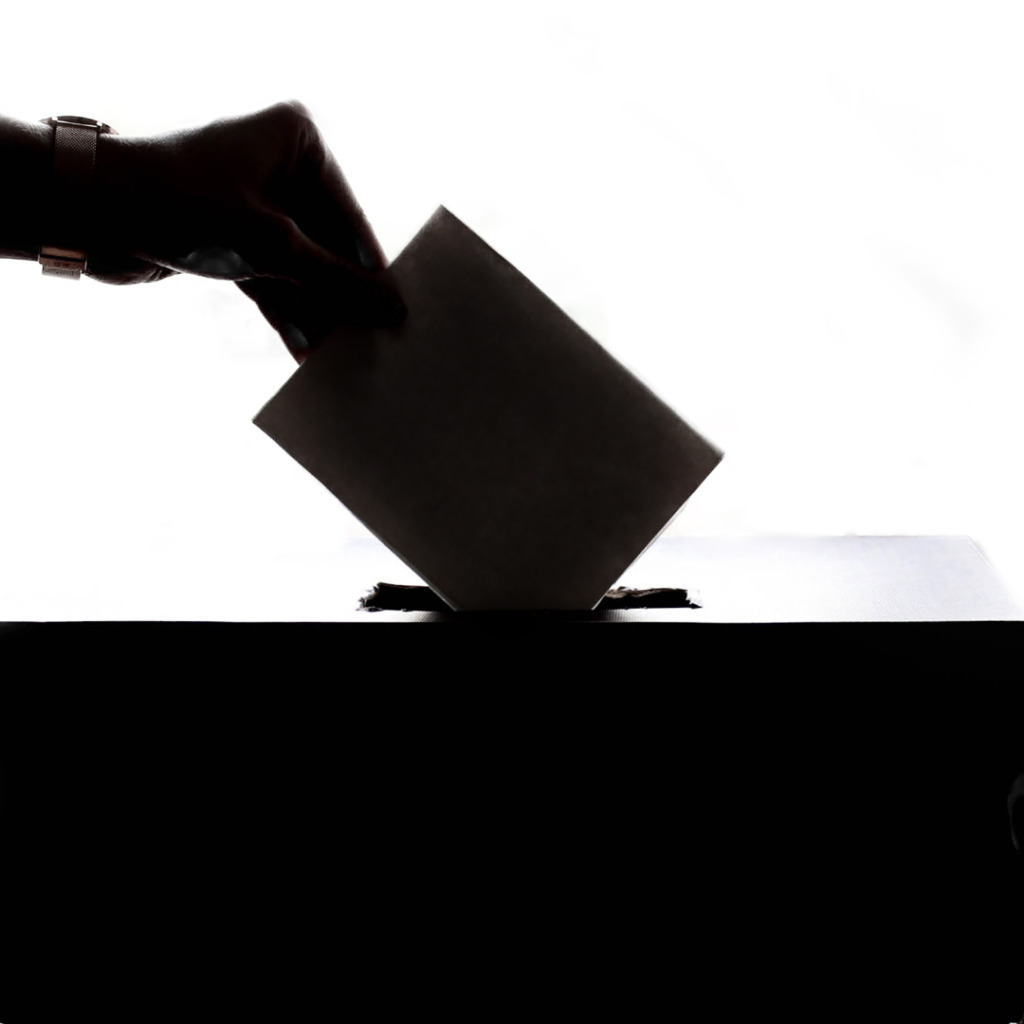Pick up the remote and turn on the news. Most likely, the 7:00 PM news will be reporting a story about increasing Chinese global influence — as it should be. With the U.S. midterm elections today, fears of Chinese election interference is becoming an increasingly real threat to U.S. voters and election officials. Ahead of midterm elections, federal officials should be deeply concerned about the spread of misinformation and its ability to compromise American politicians that are critical towards Chinese interests.
The Chinese have made clear that they seek to influence particular elections on the national, state and local levels to affect U.S. policy perspectives on issues in East Asia. Leading up to the 2020 presidential election, Facebook reported in September 2020, that it took down Chinese posts that primarily targeted political issues regarding the South China Sea. China hopes that misinformation campaigns will help put politicians in power that are more favorable toward Chinese interests, and their hypotheses are not wrong.
In addition to misinformation, China has also employed intimidation tactics to sway U.S. elections. In March 2022, five men were accused of acting on behalf of the Chinese government and held responsible for stalking, harassing and intimidating a lesser-known congressional candidate in New York who was vocal about the brutality of the Chinese government. There were various threats of violence included in the intimidation. The accusations resulted in an indictment of the five men who, if convicted, will face 20+ years in prison.
In response to the intimidation, Assistant Attorney General for National Security Matthew G. Olsen said, “We will defend the rights of people in the United States to engage in free speech and political expression, including views the PRC government wants to silence.”
While the scope of Chinese efforts are not yet tremendous, at least publicly, the Department of Homeland Security (DHS) is worried about increased meddling in the midterm elections. The DHS released an advisory this month that emphasized the risk of Chinese interference. The advisory highlighted the intimidation scheme in New York and how China’s misinformation and intimidation strategies have extended beyond the United States to nations such as Australia, the United Kingdom and Taiwan.
Despite China’s claims that they have no involvement in foreign election interference, evidently, this is far from the truth. Ken McCallum, Director General of MI5, in 2020 stated, “You might think in terms of the Russian intelligence services providing bursts of bad weather. China is changing the climate.”
The DHS takes election interference seriously and condemns any attempts of foreign bodies to “[undermine]the interests of the United States and its allies.” However, according to various reports, it is clear that China is culpable for foreign election interference, which will continue to deeply affect the relationship between the two countries.
China’s main reason for interfering in foreign elections is to influence key political and economic areas of interest in East Asia. As demonstrated in mainstream media and in kitchen table conversations around the country, conversations and concerns about U.S.-China foreign policy currently revolve around China’s economic power, both regionally and globally. Controversy over resources and trade in the South China Sea, issues of sovereignty in Taiwan and tariff disputes dominate the U.S.-China debate in the states.
As issues of election mistrust are already rampant across the United States, China has taken advantage of this charged political environment and manipulated it to be softer on key issues in East Asia. China’s efforts to change the political and information climate in the United States add to an already strained relationship between the two countries. In 2018 in a speech at the UN General Assembly, former President Trump accused China of election interference, pointing to trade retaliation and China-backed newspaper ads in American papers, and consequently called for more measures to prevent election interference. As evidenced by the increased fears documented in the DHS advisory, these soft measures to combat election interference are not enough to make meaningful change.
For the United States to take a hard-line and more comprehensive approach to curb foreign election interference, the United States must start by enacting the Election Security Act introduced to Congress in May of 2019. The Act would require states to use more durable ballots, offer grants to replace non-compliant voting technology, ensure all voting software be tested and call for all voting machines to be made in the United States, in hopes of increasing election security.
Furthermore, the United States must make it harder for its residents to knowingly collaborate with bodies attempting to commit foreign election interference by raising the fines for such conspiracy. Any entity interfering with an election under foreign influence should have to face life in prison as this is the same penalty reserved for spying. Stricter penalties should in turn discourage foreign interference.
Lastly, in the case that Chinese interference is proven to be present in the 2022 U.S. midterm elections, the Biden administration should use Executive Order 13848 that enables the imposition of sanctions in the face of foreign interference, as a platform to institute sanctions on China. The United States should further expand and impose sanctions on China regarding arms-related and technology exports to hinder economic growth. As China’s primary reason for election interference is to gain economic and political influence, it must become more lucrative and sensible for the Chinese to respect our foreign elections, rather than to meddle. Similar sanctions should be imposed on any foreign country attempting to influence the November elections.
Although these actions may further exacerbate an already contentious relationship between the United States and China, nothing is more important than protecting our free and fair elections — it is at the heart of the American way. The Biden administration and future administrations must take a harder stance against the compromising of our democracy.







